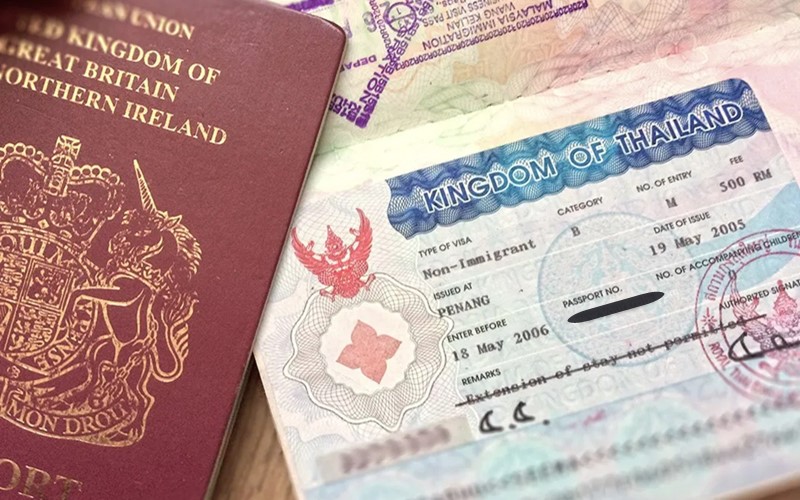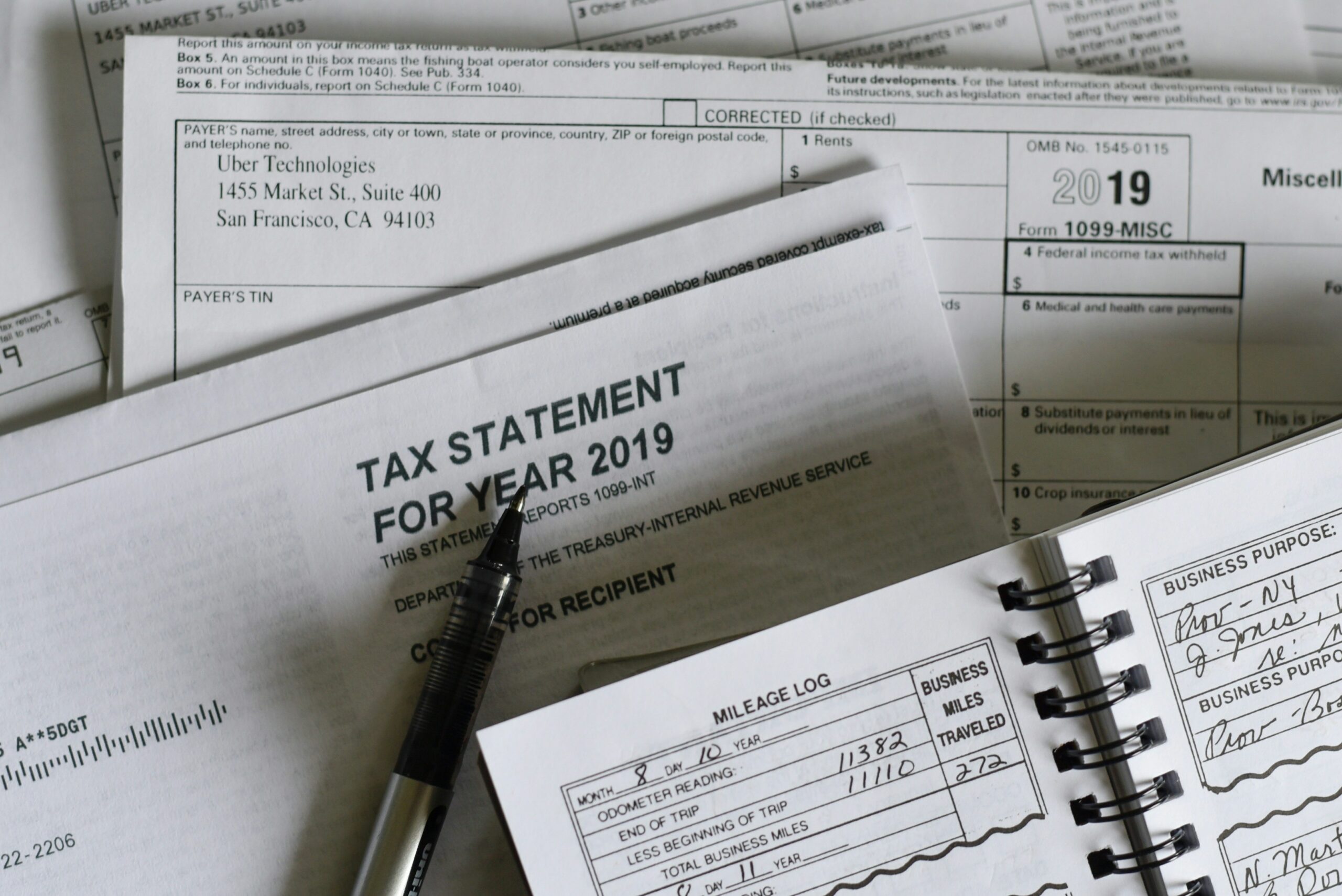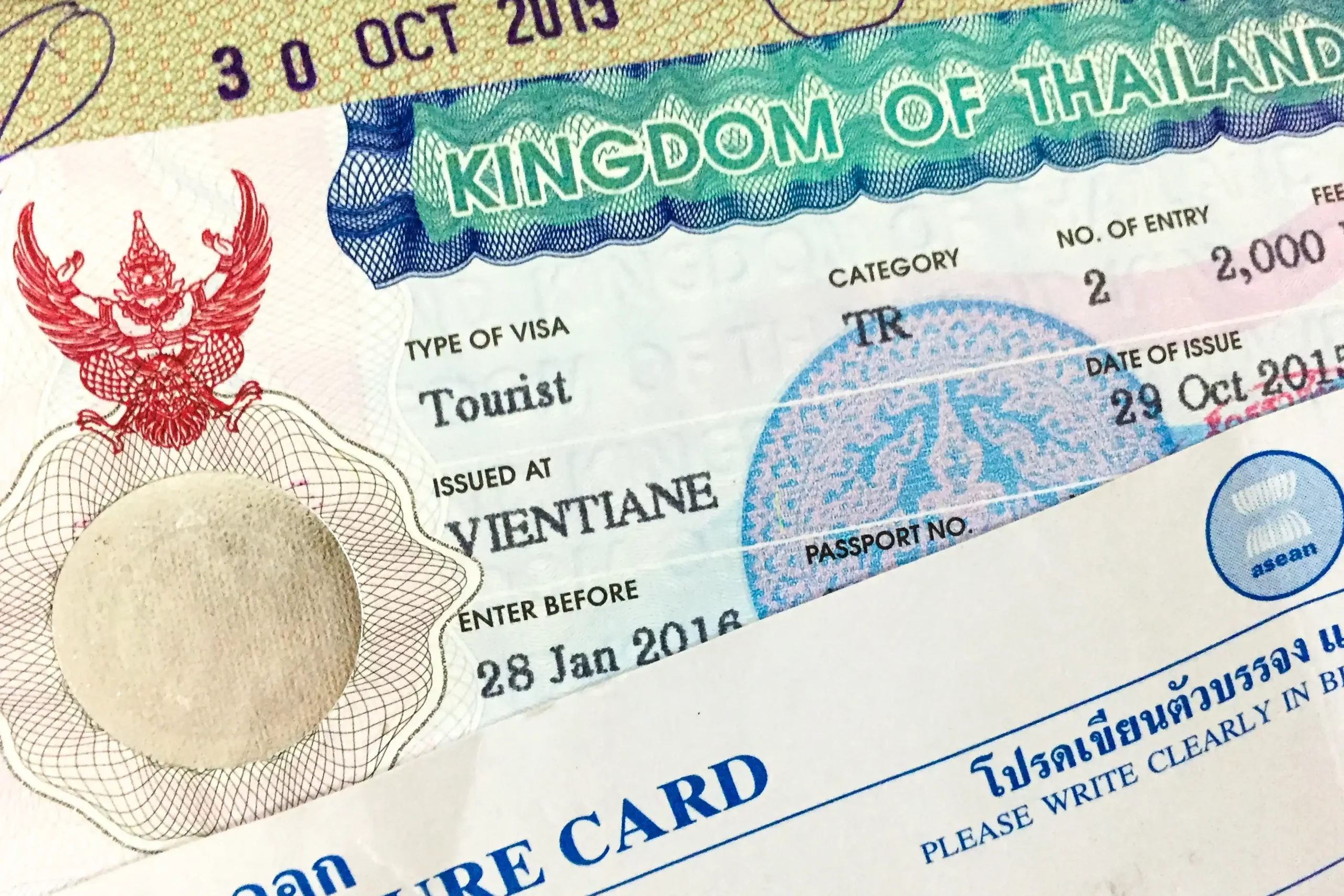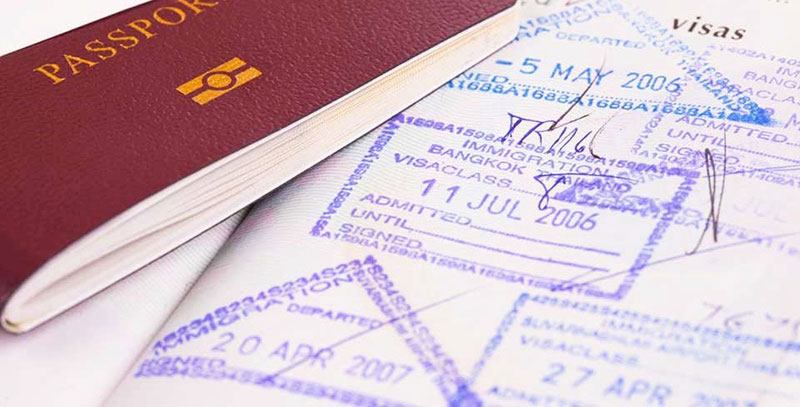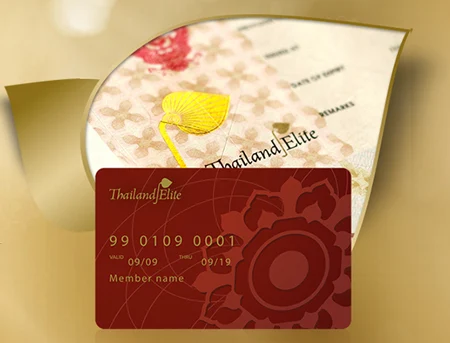Muslim Marriage in Thailand

Muslim Marriage in Thailand. Thailand’s legal framework offers a unique and compelling exception to its generally uniform civil law: the formal recognition of Muslim marriage. For the Muslim population, particularly in the country’s southern provinces, marriage is not governed solely by the Thai Civil and Commercial Code but by a distinct system that integrates Islamic family law with state procedures . This dual system allows couples to solemnize their union according to their religious principles while securing full legal recognition from the Thai state, provided they navigate the specific procedural and registration requirements correctly .
The Legal Foundation: A System of Parallel Tracks
The cornerstone of this legal pluralism is the Act on the Application of Islamic Law in the Provinces of Pattani, Narathiwat, Yala, and Satun B.E. 2489 (1946) . This Act authorizes the application of Islamic family and inheritance law to Muslims residing in these four southern border provinces . Within this jurisdiction, matters of marriage, divorce, custody, and inheritance are substantively governed by Islamic principles, with oversight from Provincial Islamic Committees and Islamic judges known as Dato’ Yuthitham . However, even in these provinces, Thai law continues to regulate administrative matters such as documentation and the final registration with civil authorities .
Outside these designated provinces, the landscape is different but still accommodating. Islamic law does not automatically apply, so Muslim couples typically follow a two-step process . First, they conduct a religious marriage ceremony (nikāḥ) according to Islamic rites. Second, they register their marriage under the standard provisions of the Civil and Commercial Code at the local district office (amphur) to ensure nationwide legal recognition for all civil purposes . This dual compliance ensures that the marriage is both spiritually meaningful and administratively robust.
The Religious Ceremony: Essential Elements of a Valid Nikāḥ
Before any civil registration can occur, the marriage must be valid under Islamic law. This involves a religious ceremony, the nikāḥ, which is fundamentally a civil contract rather than a sacrament . For it to be valid under Islamic law as applied in Thailand, several core elements must be present :
-
Mutual Consent (Ijab and Qabul) : A clear offer and acceptance of marriage between the bride and groom.
-
Presence of a Guardian (Wali) : For the bride, her marriage guardian must be present to give his consent.
-
Witnesses: Two competent Muslim witnesses must observe the contract.
-
Mahr (Dower) : A mandatory marital gift, or dower, agreed upon by the parties, which becomes the exclusive property of the wife .
The ceremony is conducted by an imam or an authorized religious official who is recognized by the Central Islamic Council of Thailand (CIC) or the relevant Provincial Islamic Committee .
From Religious Rite to Civil Recognition: The Registration Process
While the nikāḥ provides religious legitimacy, it does not automatically confer civil-law effects for purposes like immigration, property rights, or inheritance . To obtain state recognition, the marriage must be officially recorded. The pathway depends on location.
In the southern provinces where the 1946 Act applies, the process is more integrated. The marriage is solemnized and registered with the local Islamic authorities, and this registration can have direct local legal force . The couple will receive an official nikāḥ certificate from the Provincial Islamic Committee.
For couples outside these provinces, or for those seeking the highest level of legal certainty nationwide, an additional step is required. After the religious ceremony and obtaining a CIC or provincial committee certificate, the couple should register the marriage at the local amphur . This civil registration creates a record in the national system, producing a marriage certificate that is accepted by all government agencies, banks, and other institutions. The following checklist outlines the documentation typically required for this process, especially when one partner is a foreigner.
| Document Type | Description & Key Requirements | |
|---|---|---|
| Identification | Original passports (both parties) and Thai ID card (for Thai national). | |
| Proof of Marital Status | Certificate of No Impediment (CNI) or single-status affidavit from the foreign partner’s embassy. This is essential and can take weeks to obtain. | |
| Prior Marriage Documentation | If previously married, the final divorce decree or death certificate, which must be translated and legalized. | |
| Witnesses | Two independent witnesses with valid identification (ID card or passport). | |
| Translation & Legalization | All foreign documents must be translated into Thai by a certified translator and legalized, either with an Apostille (if the issuing country is a signatory) or through the Thai embassy/consulate and the Thai Ministry of Foreign Affairs. |
Failure to properly prepare these documents is a primary cause of delays and complications .
Polygyny: Religious Permission and Civil Constraints
Islamic law permits a man to marry up to four wives, subject to strict conditions of fairness and financial capability . However, its recognition under Thai law is sharply limited and geographically dependent. In the southern provinces operating under the Islamic law regime, a polygynous union may be processed and recognized within the local Islamic framework .
Outside these provinces, the situation is markedly different. Thai civil law does not recognize polygamous marriages. Consequently, only the first marriage is likely to be registered at the amphur and granted full civil recognition . Subsequent religious unions will not have the same legal status, meaning the second wife would lack the automatic spousal rights to inheritance, social security, and other civil benefits under national law . This creates significant legal and practical risks.
Property, Divorce, and Inheritance: Distinct Legal Pathways
The application of Islamic law creates significant differences in how family matters are resolved compared to the standard civil code.
Property: Under Islamic principles applied in the southern provinces, property is generally treated as separate. Each spouse retains ownership of assets acquired before or during the marriage unless agreed otherwise . The mahr is the wife’s exclusive property. This contrasts with the Thai civil law concept of sin somros (marital property), which presumes joint ownership of assets acquired during the marriage .
Divorce: Islamic divorce mechanisms such as talaq (repudiation by the husband) and khula (divorce initiated by the wife) are recognized . In the southern provinces, these are processed through Islamic authorities. However, for the divorce to be legally effective nationwide and to update the civil registry, it must be properly recorded. A religious divorce alone is insufficient for civil purposes and can lead to complications, such as one spouse being unable to remarry under Thai law .
Inheritance: For Muslims in the designated provinces, inheritance is governed by the Islamic law of succession (faraid), which allocates fixed shares to specific heirs . This system differs fundamentally from the Thai Civil and Commercial Code’s inheritance provisions. Civil registration of the marriage is critical to establishing the spouse’s right to inherit under these rules .
Practical Guidance and Common Pitfalls
For any couple entering a Muslim marriage in Thailand, the central lesson is that a religious ceremony alone is insufficient . To be both spiritually valid and administratively sound, they must secure the necessary Islamic certification (from the CIC or provincial committee) and, where required, complete civil registration at the amphur . For foreign nationals, early engagement with their embassy to obtain a Certificate of No Impediment, followed by professional translation and legalization of all documents, is the most critical step to avoid last-minute obstacles . By understanding and respecting both the religious and civil tracks, couples can ensure their marriage is fully protected under Thai law.
